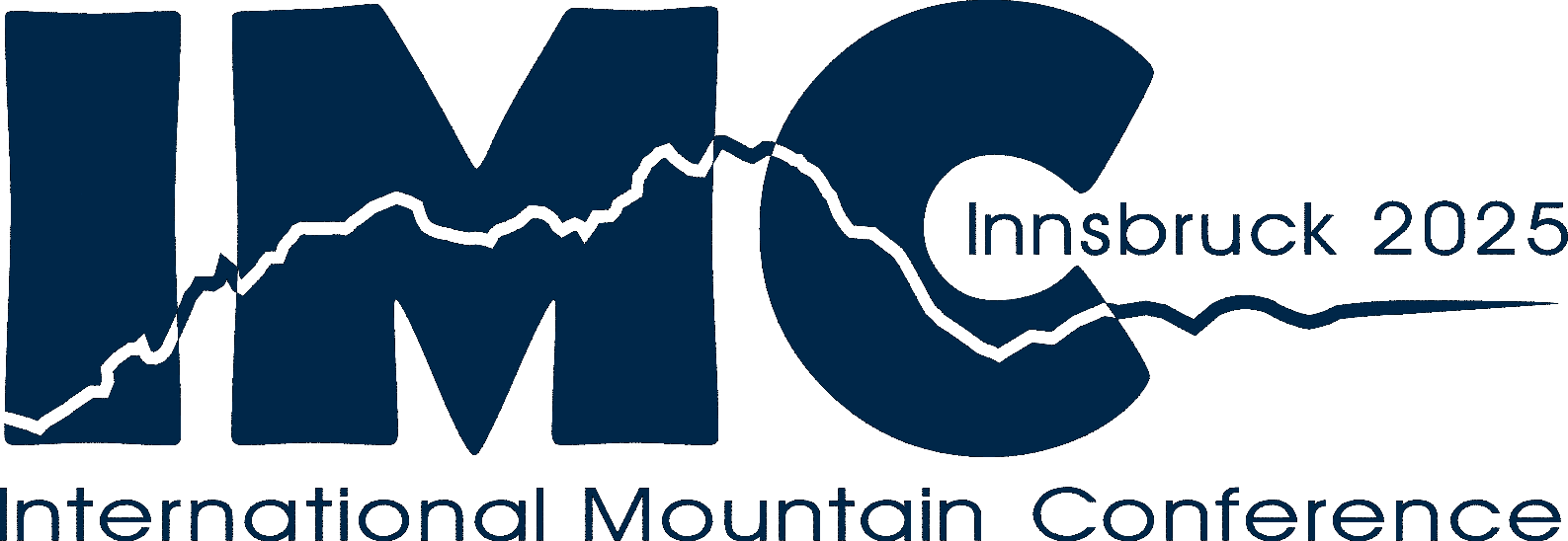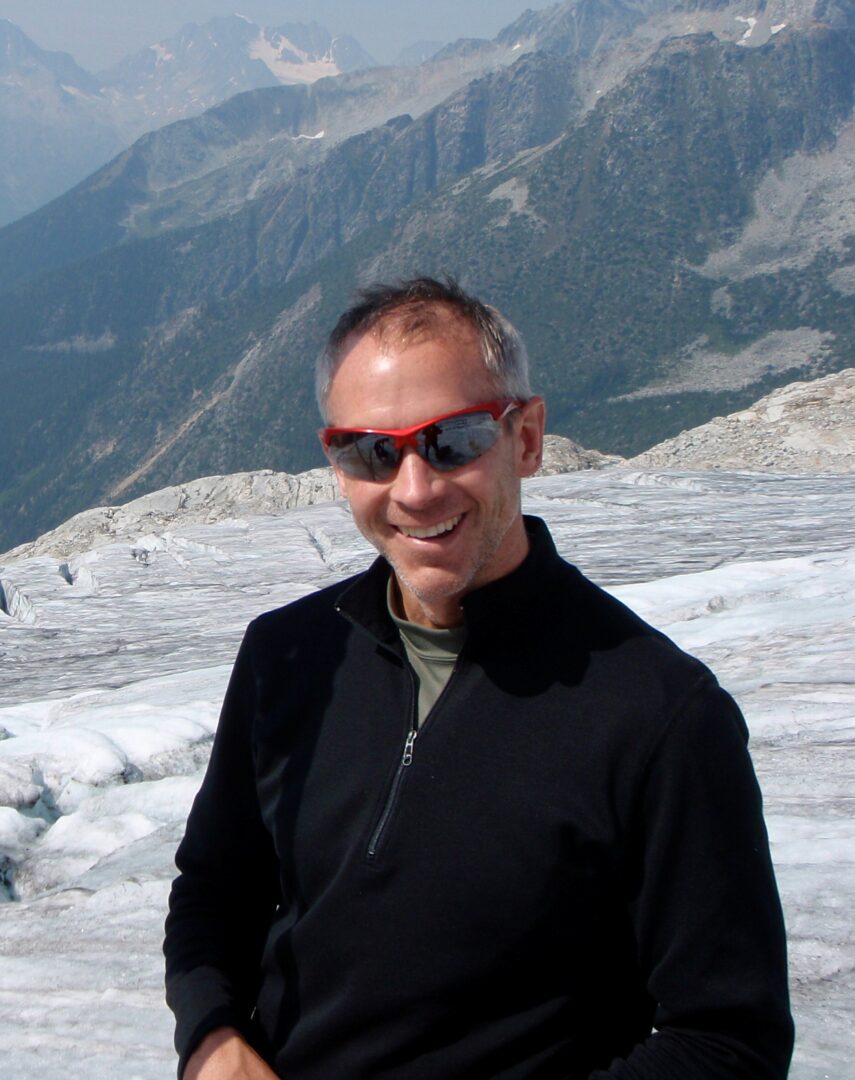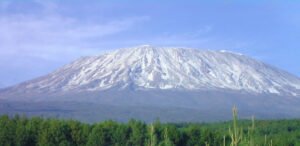Nonlinear Processes Accelerating Glacier Response to Climate Change
Keynote Details
Full Title
Nonlinear Processes Accelerating Glacier Response to Climate Change
Place of Presentation
Congress Center Innsbruck
Date of Presentation
Mountain glaciers worldwide are experiencing a strong, nonlinear response to anthropogenic climate change. These are associated with a number of positive feedbacks and threshold processes that make glaciers strongly sensitive to a sustained change in temperature. These same feedbacks supported the large-scale expansion of glaciers in the Little Ice Age, but mountain glaciers are now in a state of accelerating decline. Given their state of disequilibrium with the current climate, this decline is expected to continue in the coming decades. This presentation will discuss several nonlinear and feedback processes that make mountain glaciers highly sensitive to temperature change, challenges in modelling of these processes, and implications for future projections of glacier change. An ‘Earth system’ approach that includes high-resolution models of meteorological conditions, glacier mass balance, dynamics, and hydrology, feedbacks from deglaciating terrain/proglacial lakes, debris cover, and explicit process models for glacier surface albedo (e.g., dust and impurity deposition along with surface cleansing) is recommended to improve understanding of these processes. Such modelling studies could be developed in the style of Year of Polar Prediction (YOPP) research campaigns, i.e., in coordination with detailed observational campaigns at select study sites to improve understanding of the glacier, atmosphere, hydrological, and land surface interactions and feedback processes that drive nonlinear glacier response to climate change.



